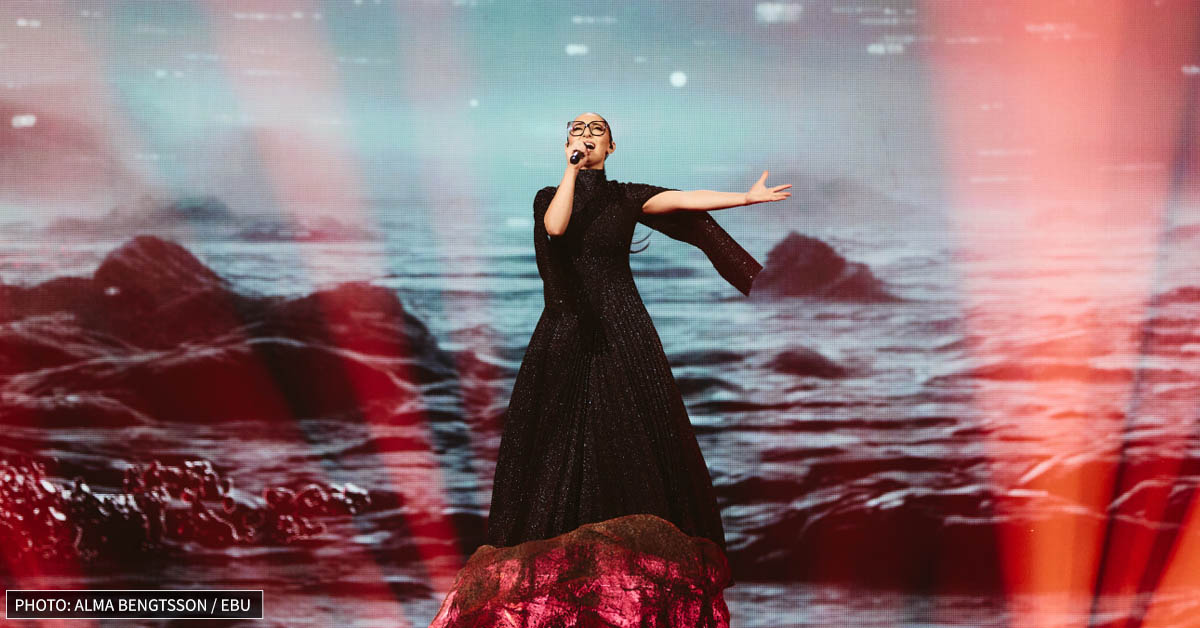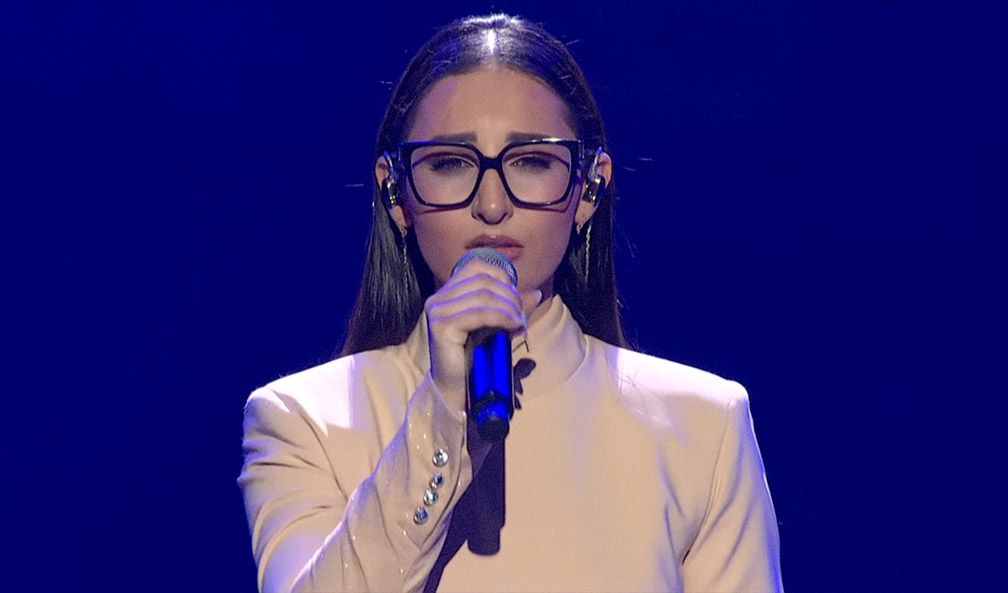
Greece at Eurovision 2025: The Greek national broadcaster ERT is considering more than a single final – will Greece revive its 2004 format, and will we soon see a national selection similar to Sweden’s Melodifestivalen?
Reports from Greece indicate a strategic shift that could transform the country’s approach to Eurovision. According to local media, the Greek national broadcaster, ERT, is exploring the possibility of expanding the selection process for Greece’s 2026 Eurovision entry. Instead of a single final night as held in 2025, the broadcaster is considering a longer competition, featuring several semi-final shows over multiple weeks. These developments come in the wake of Greece’s surprising success in the most recent contest, where the country finished sixth in the grand final with 231 points.
Aiming for a Lasting Entertainment Brand
The main goal behind this move is to turn the selection process into a true entertainment brand – one that lasts over time, attracts high ratings, and makes Eurovision participation a profitable venture for the Greek national broadcaster. According to reports, Greece’s involvement in Eurovision has become lucrative in recent years, with advertising revenue from broadcasts now exceeding the costs of sending a delegation to the contest.
The national broadcaster reportedly sees growing public interest in the contest and aims to leverage this popularity to increase exposure and build even broader public engagement, following models used in countries like Sweden and Italy.
Inspiration: A Return to the 2004 Format?
The last time Greece held a multi-week selection process was in 2004, with the musical competition “Eurostar”. The program was intended to find Greece’s representative for the Eurovision Song Contest in Istanbul, but in the end, the broadcaster chose not to send the winner – instead selecting singer Sakis Rouvas as the official representative. The three finalists from the show joined him on stage as backing vocalists only.
Now, it appears the broadcaster is considering a return to this model, but this time aiming to balance the commercial aspects of the TV event with an artistic selection that will ensure a strong representation on the European stage.
The Selection as a Television Event – and an Economic Engine
The decision to consider such a move is not only cultural or artistic, but also a clear economic strategy. The contest itself has become not just a flagship cultural event for the local broadcaster, but also a magnet for advertising, self-promotion, and public attention. According to reports, advertising revenues from broadcasting Eurovision—including the national selection phase – have surpassed the costs of participation, making the entire event profitable for the broadcaster.
A multi-week selection format allows for the development of advertising campaigns, long-term media buzz, and ongoing engagement of the local audience with the contest itself. Moreover, such an extended process could deepen public involvement and improve Greece’s international chances, as it allows time for feedback, improvement, and refinement of the production and performance.
Greece is changing direction – and expectations are high. If this plan is implemented, we may witness one of the most complex and ambitious national selections in Greece’s Eurovision history. Will it be enough to return the country to the top of the contest?
Greece at Eurovision 2025
“Asteromáta” (in English: “Eyes of Stars”) is the song performed by Klavdia, who represented Greece in the grand final of Eurovision 2025. The song was written by the singer herself together with the creative team Arcade, who also wrote the songs that represented Greece in Eurovision 2020 and 2021, “Superg!rl” and “Last Dance“, for singer Stefania Liberakakis. The song is performed in Greek. Greece finished sixth in the grand final with 231 points.
“Asteromáta” deals with deep longing and pain over separation and loss, using romantic and poetic language. The singer addresses a loved one, calling them “my little star” and “starry eyes,” expressing her wish to be close, to feel their presence, and to find peace.
Klavdia – Who Are You?
Klavdia Papadopoulou, a Greek singer who rose to fame after participating in the Greek version of The Voice in 2018, is one of tonight’s most compelling contenders. Her mentor during the competition was none other than Eurovision winner Helena Paparizou, who guided her all the way to the finals.
For “Ethnikos Telikos 2025”, Klavdia collaborated with Arcade, a team of renowned music creators and producers who also wrote her entry “Asteromata“. The song blends modern elements with traditional Greek music, creating an emotional and captivating piece. With its melancholic tone, “Asteromata” draws inspiration from Klavdia’s family’s survival story during the Pontic Greek genocide – a deeply personal narrative that adds significant weight to her performance.
Source: You Weekly.
Eurovision 2025: This will mark Greece’s 45th participation in Eurovision. Greece joined the competition in 1974 and achieved its best result in Eurovision 2005 when singer Helena Paparizou won first place with the song “My Number One”.


